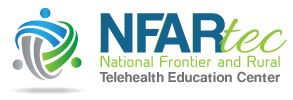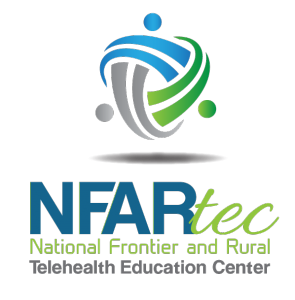CO-OCCURRING DISORDERS (COD)
The importance of identifying and addressing mental health issues in a substance use disorder treatment setting is essential to improving the overall outcomes for participants. Initiating early detection and intervention for those that have a co-occurring disorder is crucial and we now know that treatment works best if we are addressing both the substance use AND the mental health disorder during the treatment process. According to SAMHSA, the most effective dual diagnosis regimen treats both the mental illness and substance issues at the same time.
This online learning series will provide 15 hours of instruction and will include blended activities of virtual online groups and self-study related to understanding and integrating Mental Health Disorder knowledge into the provision of Substance Use Disorder treatment. This will include interactive discussions, videos, performance-based feedback, articles, and activities.
When: Every Tuesday, Jan 21 – March 4, 2025 from 11:00am-12:30pm Central
Objectives:
At the end of the COD Enhanced Professional Learning Series, participants will be able to:
• Learn foundational knowledge on core aspects of Mental Health Disorders.
• Identify signs related to Mental Health Disorders such as Depression, Anxiety, Trauma and Personality Disorders and their age of onset.
• Understand the prevalence of Mood Disorders, Anxiety, and Trauma and the implications in the treatment setting for those diagnosed with these and a SUD.
• Demonstrate an understanding of the implications of Mental Health Disorders on the treatment and recovery process of SUDs for those diagnosed with both.
• Demonstrate a basic understanding of screens that can be used in a treatment setting to identify mental health and Co-Occurring Disorders.
• Identify at least three strategies towards integration that could be used in a SUD treatment care setting to improve outcomes by addressing mental health and SUD concurrently.
• Identify at least two issues that can be addressed to increase competence of treatment providers around Co-Occurring Disorders in a SUD treatment setting.
• Identify risk factors and signs of Co-Occurring Disorders as well as tools used to identify these.
• Understand the increased risk factors as well as warning signs for suicide for those diagnosed with a Co-Occurring Disorder.
Target Audience are Clinical Supervisors Who:
• Work in the behavioral health, substance use disorders, and recovery support services field located in the South Southwest ATTC region (HHS Region 6- Arkansas, Louisiana, New Mexico, Oklahoma, and Texas)
Participant Commitment & Expectations:
• Attend a live 1-hour orientation on January 21st
• Commit to 6-weeks of training for 1.5 hours weekly from Jan 28 – March 4 and complete 1-hour of weekly learning activities
• Access to appropriate technology to use Zoom videoconferencing platform (internet connection, webcam, computer/tablet, speakers and microphone)
• Be prepared, engage, and actively participate while on camera during each session
Facilitators:
• Christina Boyd, LSCSW, LCAC
There is no cost to participate in a series. The first 35 registrants will receive a scholarship that covers the entire $500 cost of participation. Once the 35 spots have been filled, registration will be closed. As a grant-sponsored scholarship and to receive continuing education hours, it is expected participants will be prepared for, attend each session, and actively engage in group discussions. Due to limited enrollment, if you cannot commit to the full participant requirements, please defer this registration opportunity to others.
PLEASE NOTE: Registrants enrolled in this series are required to attend the first two weeks. If you cannot attend these sessions, you will forfeit your attendance. Due to limited enrollment, if you cannot commit to the full participant requirements, please defer this registration opportunity to others.
In addition, it is expected that participants will have access to the appropriate technology by Week 2 to fully participate and be on camera at least 90% of the time. This is not a webinar series and active participation is required to gain/improve skills. Registration is not transferable to another person.
Contact Information:
If you have questions, please email the NFARtec Workwise Staff at workwise@casat.org
Continuing Education:
The series has been approved for a total of 16 contact hours (1-hour orientation and 15-hours content instruction) through the National Association for Addiction Professionals (NAADAC), International Certification & Reciprocity Consortium (IC&RC), and has been approved by CASAT, School of Public Health, University of Nevada, Reno, as a NAADAC Approved Education Provider, for 16 CEUs. NAADAC Provider #98165. CASAT is responsible for all aspects of its programming. No credit will be awarded for non-attendance or partial attendance. The knowledge and skills learned should be applied within the framework of any applicable operating and/or credentialing regulations in your State of practice.




